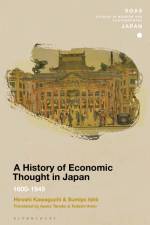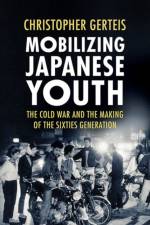av Christopher Gerteis, Reto Hofmann & Max Ward
527
This volume considers the possibilities of the term 'transwar' to understand the history of Asia from the 1920s to the 1960s. Recently, scholars have challenged earlier studies that suggested a neat division between the pre- and postwar or colonial/postcolonial periods in the national histories of East Asia, instead assessing change and continuity across the divide of war. Taking this reconsideration further, Transwar Asia explores the complex processes by which prewar and colonial ideologies, practices, and institutions from the 1920s and 1930s were reconfigured during World War II and, crucially, in the two decades that followed, thus shaping the Asian Cold War and the processes of decolonization and nation state-formation. With contributions covering the transwar histories of China, Indonesia, Korea, Japan, the Philippines and Taiwan, the book addresses key themes such as authoritarianism, militarization, criminal rehabilitation, market controls, labor-regimes, and anti-communism. A transwar angle, the authors argue, sheds new light on the continuing problems that undergirded the formation of postwar nation-states and illuminates the political legacies that still shape the various regions in Asia up to the present.




